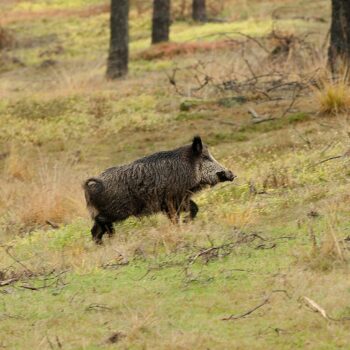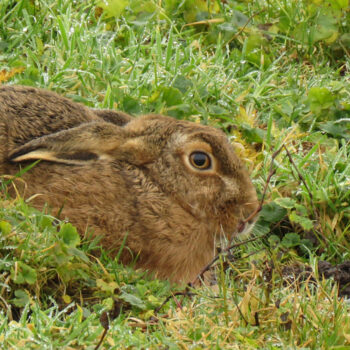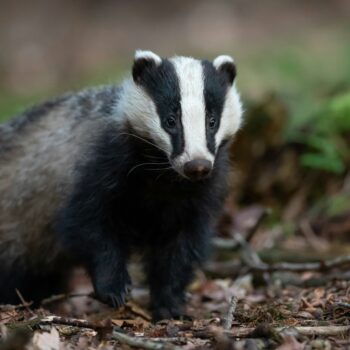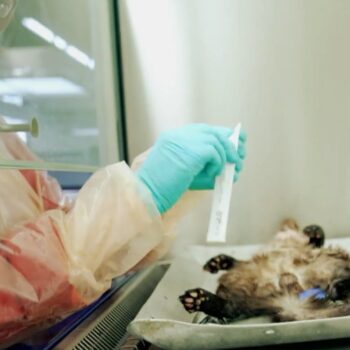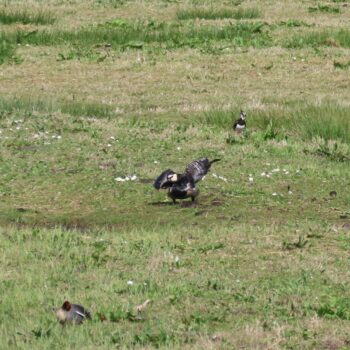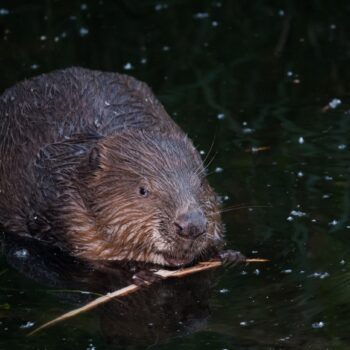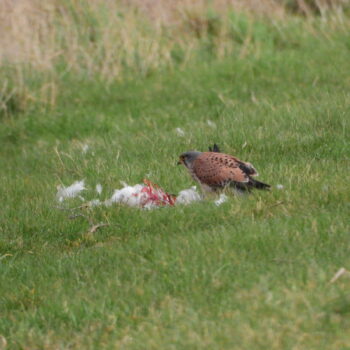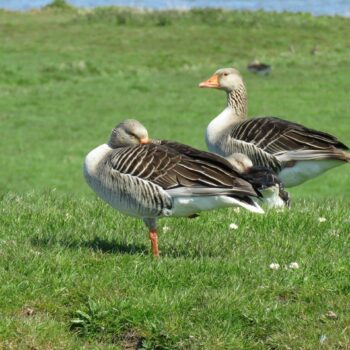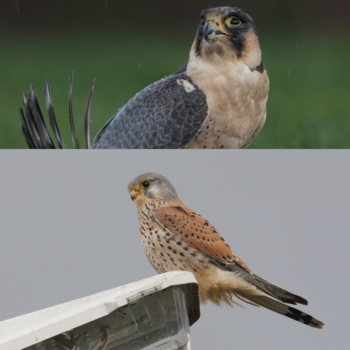Germany: African swine fever infection found in new area
On June 14th, the German authorities confirmed an African swine fever infection. African swine fever (ASF) is a notifiable disease caused by the ASF virus, which can cause serious illness in pigs. Last weekend, an ASF-infected dead wild boar was found approximately 150 km from the Dutch border, close to the
Read more



